Text
Cyrano de Bergerac - a new musical
Matthew is the Assistant Musical Director for a upcoming new musical written by Sam Norman and Aaron King.
TICKETS
Tbc
SYNOPSIS
The tale of Cyrano de Bergerac is one of France’s best-loved stories – a romantic story of a French swordsman assuming his friend’s identity to win a lady’s heart; a swashbuckling story of war, duels and rivalry; and a heartbreaking story of unspoken love and the fear of rejection. Aaron King and Sam Norman have turned it into a musical, developing it in workshops with Claude-Michel Schönberg (Les Misérables).
Cyrano, a Gascon soldier, playwright, poet and despiser of cant, loves Roxane; he has loved her, in fact, since they were childhood friends on the banks of the Dordogne. But he is cursed with a monstrosity of a nose, and hates himself for it. Believing that she could never love him back, he is terrified of ever telling her the truth, and so contents himself with playing the cynical old friend. When, however, she confides in him that she is attracted to a cadet in his Guards, he discovers an opportunity; allying himself with the handsome but ineloquent Christian de Neuvillette, he embarks on a ritual of expressing his love for Roxane in letters signed under the other man’s name. The web of deception grows more and more tangled until it is torn apart by war.
CREW
Writer and Producer - Sam Norman
Composer and Musical Director - Aaron King
Director - Rosie Richards
Assistant Director - Dan Zurbrügg
Exec Producer - Katie Carlson
Assistant Producer - Laura Wilsmore
Assistant Musical Director - Matthew Gibson
Production Manager - Sammy Moriarty
Lighting Designer - Louise Drognat-Landré
Associate Lighting - Nandana Syam
Assistant Lighting - Jake Adams
Assistant Lighting - Laura de Lisle
Graphic Designer - Will Nelson
Marketing - Georgia Robson
Marketing Consultant - Daisy Porter
Set Designer - Becky Lenihan
Assistant Set Builder - Ella Grodzinski
Choreography - Ben Ashton
Sound Designer - Seb Dows-Miller
Exec Sound Designer - Nat Davies
Assistant Sound Designer - Úna O'Sullivan
Costume Designer - Cat Ellis
Assistant Costume Designer - Chloe Dootson-Graube
Prosthetics - Molly Dickson
Stage Manager - Hannah Wooldridge
Assistant Stage Manager - Felix Jones
Fight Director - Jennifer Hurd
0 notes
Text
The 2016 premiere performance of 'Ostinato' by Christopher Hill
On Friday 4th November 2016, Matthew-Jack Gibson premiered a piece in the Chapel of The Queen's College, Oxford, written for him by Christopher Hill, a choral scholar of Oriel College, Oxford and fellow alumnus of Trent College, Long Eaton.
This innovative new work for the organ had be written by the composer with a view to Gibson giving the first performance in a liturgical setting so as to enhance worship and inspire contemplation; fifteen minutes prior to Evensong - due to begin at 6.30pm - Ostinato was publicaly exposed with the composer present.
Chris Hill writes "Ostinato was conceived about halfway into an English lesson back in year 13. Probably on a Friday. Friday's were funny like that.
"The reason this happened halfway through an English lesson on a (probably) Friday afternoon was thanks to a man named Callum Irvine; having heard Matty play a ludicrous piece of Ligeti, the class was joking about how we needed to find a piece that Matty simply couldn't play, at which point Callum had said "you ought to write something for him Chris, I dare you to write a piece that he can't play". Now to my brain, that sounded like a musical challenge, and as anyone who knows me will testify, giving me musical challenges is a dangerous thing to do, because I have a nasty habit of following them up (such as one time when someone challenged me to play the flute backwards... it's a long story).
"I started out with a simple fast quaver motif, already throwing rhythmic curveballs by having constantly changing irregular time signatures and driving but constantly moving syncopation. This would become the ostinato for which the piece got its name. The piece is largely minimalist and almost everything in the piece derives from either the ostinato itself or the melodic theme from the very beginning. The piece was designed so that the number of parts grew as the piece went on, with a change in mood at the middle, followed by a recapitulation of the beginning with various changes.
"I soon realised that the more I listened to the somewhat 'tinny' playback of Sibelius' organ sounds while composing, combined with the repeating motif of the ostinato, that this piece was beginning to remind me of something, namely some of the fairground-style music from the old video games I had enjoyed as a child such as 'Lemmings' and 'Roller Coaster Tycoon' (yes, the original... [insert nostalgic sigh here]). Amusing as this revelation was, it actually formed a central part of the piece's development; this resemblance of that kind of music made me adopt some of that music's features including the gradual textural build to a climactic point, and most notably, the ability of the music to continue repeating itself naturally, without the repeat sounding forced or the piece, by virtue of subtle changes in the material, sounding too repetitive. This was what made me realise the ideal application for this piece was not to be played out of context but instead as a liturgical voluntary; it was music that could, in its most base form, be played within two minutes, and then repeated and improvised around as many times as require for the congregation to, well, congregate.
"This piece, at that moment, became more than a simple amusing challenge to me, but a living breathing five that I wanted to make the best of and was really eager to have performed. By no means did that mean I then made the piece easy; I made sure to keep to my original promise by including some really complex cross-rhythms for Matty to get his fingers around, not to mention double-pedalling (because why let the hands of all the fun?). This eccentricity had now become as much a part of the piece itself as the notes themselves, rather than just being a challenge in itself.
"Rather predictably, since Matty shares my trait with regards musical challenges, he could indeed play this new piece. What's more, he wanted to play it, and the work received its debut in Queen's College Chapel, Oxford, halfway into the Michaelmas term. Whilst the war from my college (Oriel) to Matty's (Queen's) is a short one, it was plenty enough for me to work myself up about the first public outing of one of my pieces. Hearing it in the chapel, however, with that glorious organ (which I'm pleased to say made the whole thing sound significantly less 'Lemmings'-y) was massively rewarding.
Callum, the man who inspired all these shenanigans in the first place, was up in the organ loft with us. My next composition (not for organ this time, sorry Matty) will feature lyrics adapted from one of Callum's poems."
The work was received with great approbation and praise, especially notable considering the interpretive demands of such music, both technically from the performer, and audibly from listeners. Matthew hopes to perform the piece Summer 2017 at its birthplace, Trent College, where it was originally conceived and where both composer and performer were educated.
#Minimalism#Oxford University#Trent College#English Lesson#Premiere performance#Musical challenge#Organ Scholar#The Queen's College#Oriel College#Choral Scholar#Music Degree#Organ#Cross-rhythms#Poetry#Evensong#Composer#Public#Performer#Contemplation#Ligeti#Recapitulation#Sibelius#Double-pedalling#Michaelmas term#Chaple#Complex#Repetative#Development#Interpretation
3 notes
·
View notes
Text
Organ Recital at St. Andrew's
Saturday 16th August saw a Summer organ recital in St. Andrew's, Winston but it wasn't a run of the mill recital, it was something quite remarkable, even breathtaking. An audience from the village and further afield were to hear nineteen pieces ranging from Bach (1685-1750), Schumann (1810-1849) and Guilmant (1837-1911) in the first half and Couperin (1668-1733) to Pesters (1903-1986) in the second.
The organist gave a verbal introduction at the beginning of each half, standing composed and fluent below the chancel steps. All pieces were played in a confident and measured way and the swell, great and pedals were used to their full range, and the organ (1902) responded very well.
The audience could see the performer was a young man but at the interval when the word got around that he was just 16 years of age all were astounded. We've not heard the last of him was a common rejoinder. Matthew-Jack Gibson has a grandmother in the village. Gibson's age became clear when he told us he was waiting for his GCSE grades including, of course, music. He is currently the Organ Scholar of Derby Cathedral where he studies under Canon Peter Gould and Dr Tom Corfield and plays for the Cathedral's daily services and important events such as the welcoming home of the 9th/12th Royal Lancers from Afghanistan. This September he will combine his post at Derby Cathedral with a Music Scholarship at Trent College.
Academically, Matthew begins his 'A' levels this September in History, Politics, English Literature and Music. He is particularly keen on history and so it was appropriate that he was presented with a copy of 'The History of Winston'. And in between all this he has a passion for long distance running - well, he's almost as slim as Mo Farah!
Proceeds from this grand event were for the chancel roof fund. Dare we hope for another performance in the future? Well he did say he enjoyed the organ!
0 notes
Text
Trent Organ Festival
"This Autumn, Matthew Gibson is due to take up an Organ Scholarship at Queen’s College, Oxford. As a parting project, before leaving his school, Trent College, Long Eaton, he organised the Trent Organ Festival, the first of its kind in recent history. Consisting of five recitals on consecutive days at the end of June, he engaged four local notable players, John Keys (St Mary’s, Nottingham), Tom Corfield (Derby Cathedral), Peter Siepmann (St Peter’s, Nottingham) and Simon Hogan (Southwell Minster) as well as presenting his own recital on the final day. I was only able to attend the first and last recitals, but both were very impressive indeed.
The first recital, by John Keys, was mainly Baroque, opening with Böhm’s Praeludium in C, originally written to showcase the mighty organ at Johnniskirche, Lüneburg. Having previously heard that very piece on the Lüneburg organ, the contrast with the modest resources of the Nigel Church organ at Trent could not be greater. Nevertheless, John gave a virtuoso performance, employing the bite of the pedal reed to full effect in the opening solo and propelling the fugue with plenty of energy. Each recital in the festival featured one or two of Bach’s Trio Sonatas so that all six were performed during the week. John gave us No.2, superbly executed on softer stops. Mendelssohn’s Sixth Organ Sonata, with its many movements and variations, must have been a challenge to registration with such a limited number of stops, but John’s choices were very effective indeed, making a beautifully crafted performance. The final party piece, Bach’s Fugue à la Gigue, suited the neo-Baroque voicing perfectly and delighted us all.
For the final recital, Matthew chose repertoire that went well beyond the Baroque, and in doing so set himself a considerable playing challenge; 19th and 20th Century repertoire could easily be rendered coarse and unrefined on this type of instrument. Not so here. His confident performances of Cathédrales by Vierne and For the Fallen by Elgar convincingly demonstrated the sensitivity and expressiveness that such pieces demand. In a similar vein, Matthew’s teachers, Simon Henderson and Chris Foster contributed performances of Whitlock and Leighton. For me Matthew’s greatest triumph was in Master Tallis’s Testament by Howells; he handled the organic ebbs and flows of this piece with great skill that captured the mood perfectly. To end his recital he gave us the Finale from the Second Sonata by Guilmant. This was a suitably valedictory piece full of bravura and panache.
Matthew’s declared aim for the festival was “to showcase the hidden breadth of musicianship benefiting students who wish to hold the unique organ scholarship available at Trent”. The breadth of repertoire presented during the week and the quality of players certainly fulfilled this, and by all accounts the Festival was a great success. Matthew is to be congratulated for the concept and in bringing it to fruition. We wish him every success at Oxford."
Laurence Rogers
0 notes
Text
"Music" will forever remain a stranger to us
We as humans are able to identify and study the fundamental technical foundation which forms the framework of " music", but we can never tell music what to do, we can never truly control it, or even enhance it on our own. Sometimes it lets us down but sometimes just sometimes that unknown alien entity taps into an inner reservoir of unspeakable fury deep within us. We will always know of music but we will never know it intimately, never communicate with it or even fully understand it. But it is able to instantly know us better than we know ourselves. We will forever fall victim to this strange ghost. This calm, passive ghost that just appears, indescribable and unquantifiable - technically based upon the physical concept of sound - but with a meaning behind it so raw and visceral that human defences are left redundant; it deeply and freely imbeds us with its charm, without warning, and with an almost silent quake. (MJG)
0 notes
Text
Things one says in band which are not acceptable anywhere else
-Tongue (harder/better/faster/stronger/lighter/more/less/etc)
-Your fingering needs work
-Your tongue needs to be hard and pointed
-You’re sharp, pull out
-You’re flat, push in
-You need to lubricate your instrument
-Blow harder
-I SAID BLOW HARDER
-Okay don’t blow that hard
-Anything pertaining to the note “D”
5K notes
·
View notes
Video
youtube
John Luther Adams - The Wind in High Places, I. Above Sunset Pass
When I’m feeling low, Adams lifts me up
13 notes
·
View notes
Video
youtube
Schmidt - Concertante variations on a them of Beethoven, for lefty piano and orchestra
6 notes
·
View notes
Text
Classical music problems
When you’re listening to a part of a piece that’s pianissimo so you turn the volume all the way up and then BAM all of a sudden ALL THE TROMBONES IN THE WORLD BEGIN TO PLAY FORTISSIMO and you’re like
Nope
Nope I did not need my eardrums
2K notes
·
View notes
Text
Hidden Gems from Giants
Yesterday was an impromptu series of “One Hit Wonders” in classical music. Today, inspired by fencingwithendpins, I’m going to have a series “Hidden Gems from Giants”
These will be fantastic works from popular composers that are rarely performed or talked about. I think these works need to be brought to light. If you have any discoveries of your own, message me!
8 notes
·
View notes
Photo
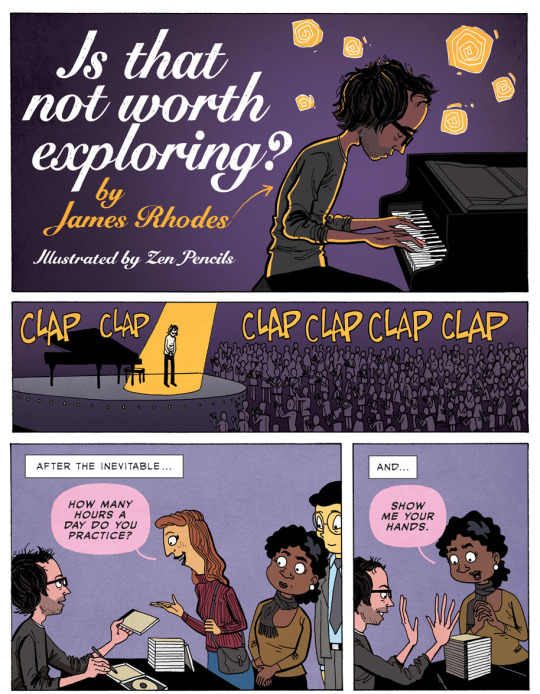




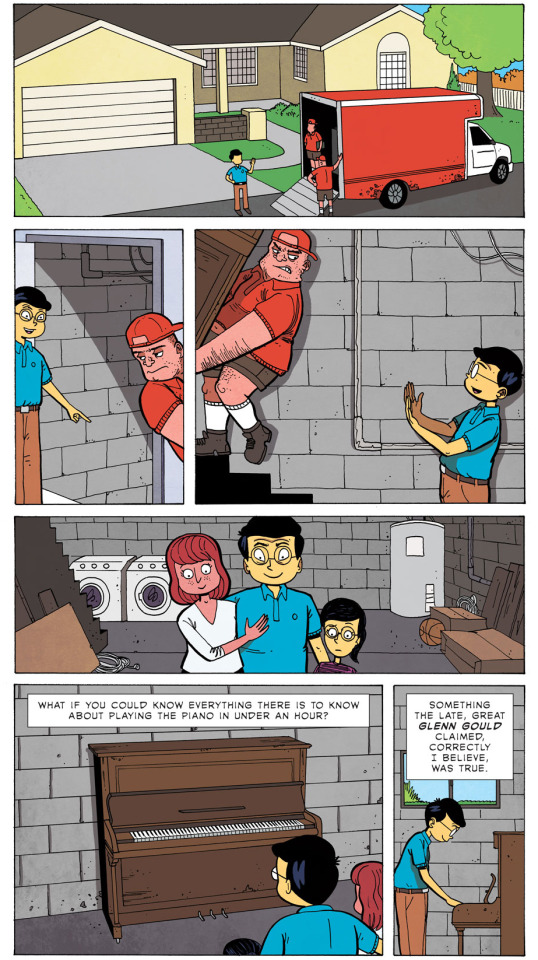


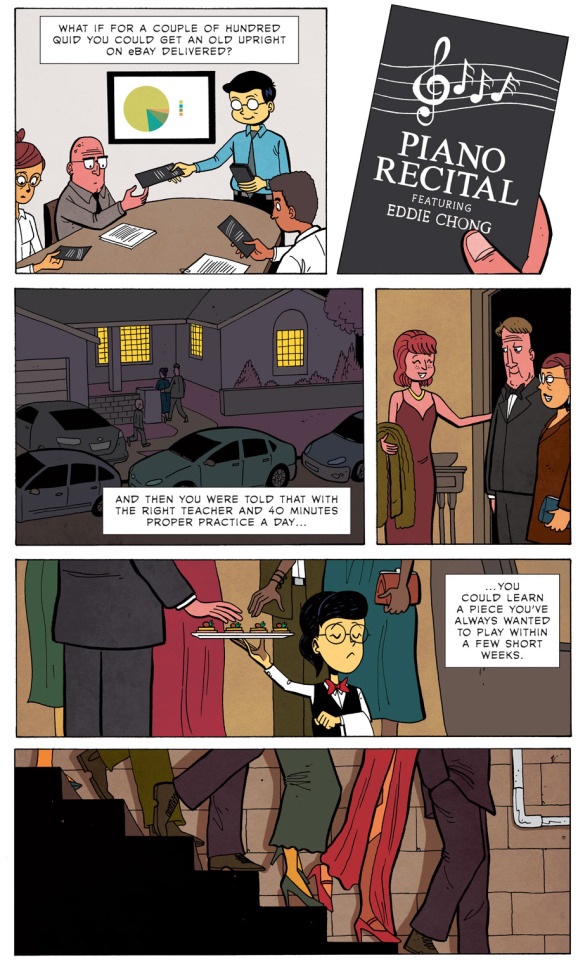

James Rhodes - Is that not worth exploring?
225K notes
·
View notes
Photo
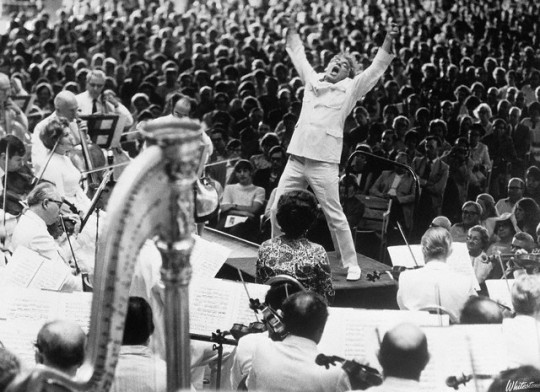
leonard bernstein conducting the boston symphony in a performance of mahler’s resurrection symphony at tanglewood, 1970
3K notes
·
View notes
Quote
You just do it. You force yourself to get up. You force yourself to put one foot before the other, and God damn it, you refuse to let it get to you. You fight. You cry. You curse. Then you go about the business of living. That’s how I’ve done it. There’s no other way.
Elizabeth Taylor (via wnq-movies)
81K notes
·
View notes
Text
Composers
Mozart

Beethoven
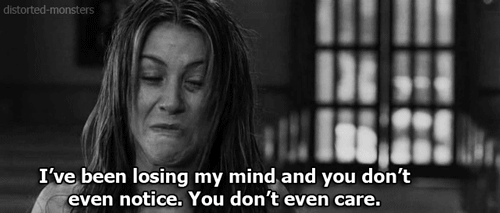
Bach

Chopin

Vivaldi/The Red Priest

Pachelbel (The ring tone)
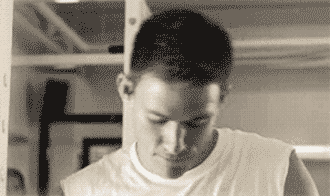
Haydn

Philip Glass

Sousa

964 notes
·
View notes
Text
Trying to Pronounce Russian Composer's Names
Russian Composer
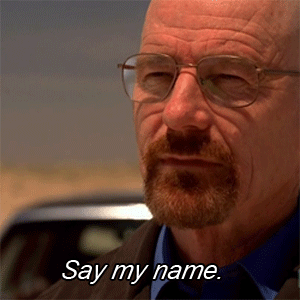
Everyone Else

4K notes
·
View notes
